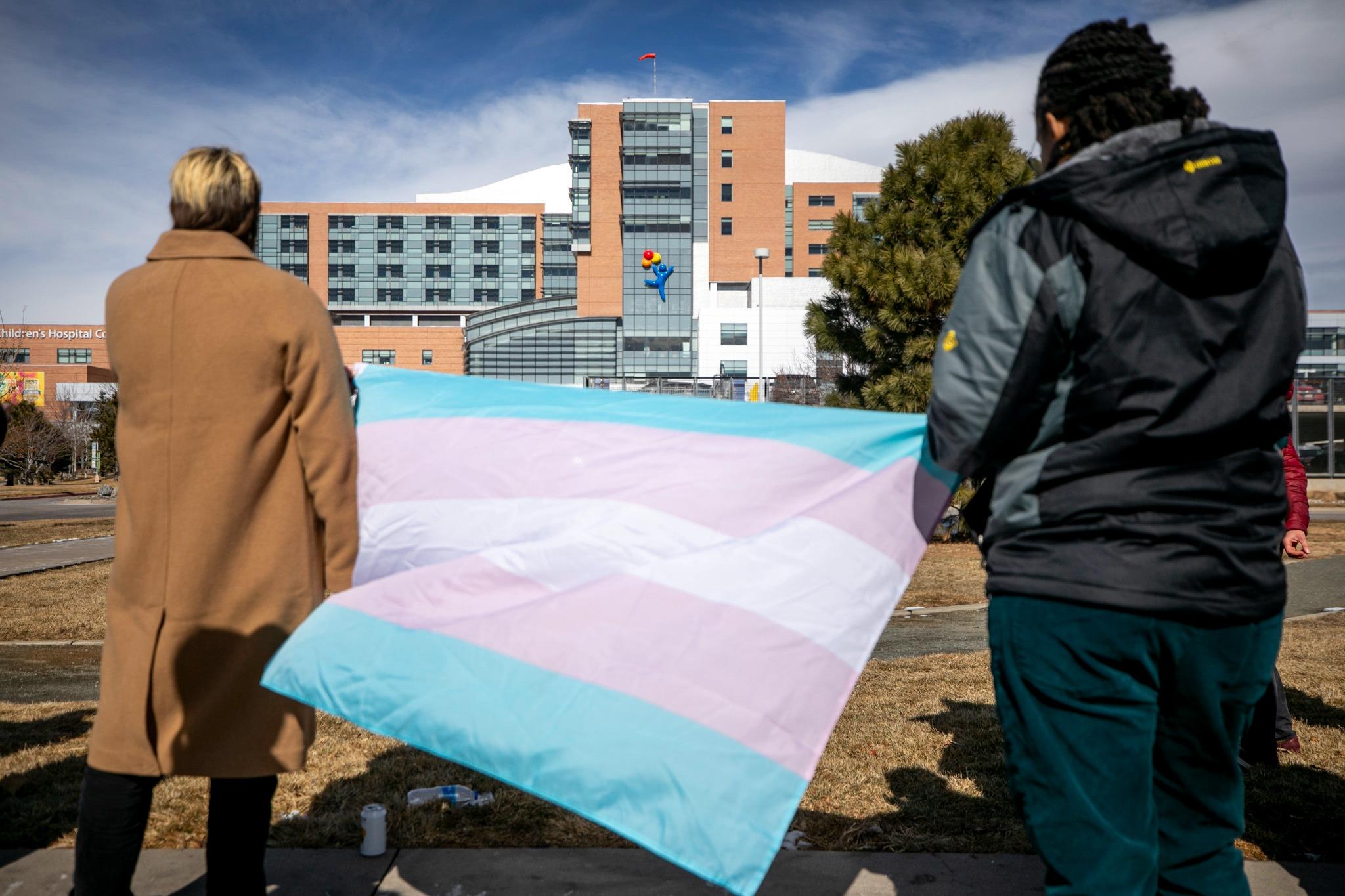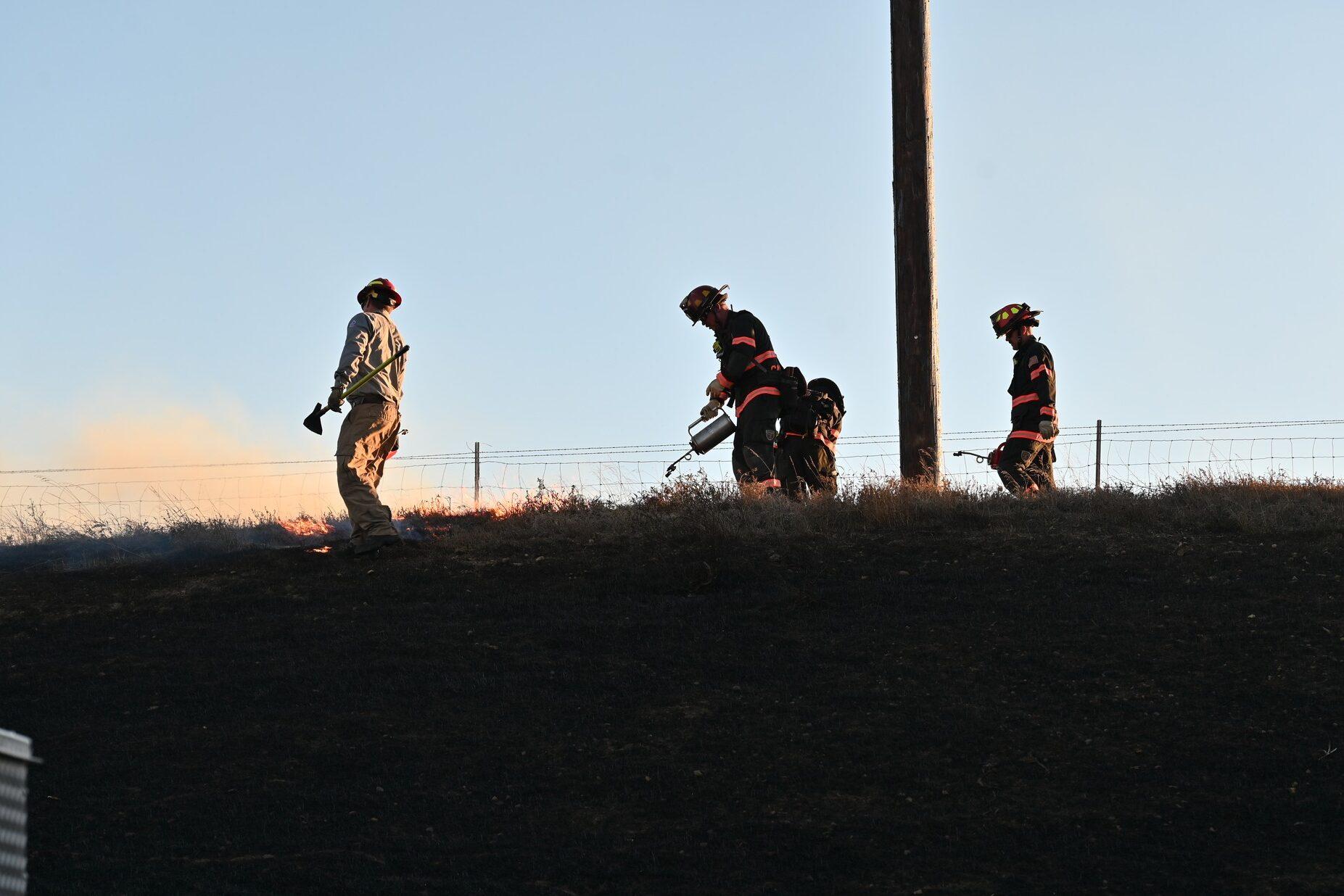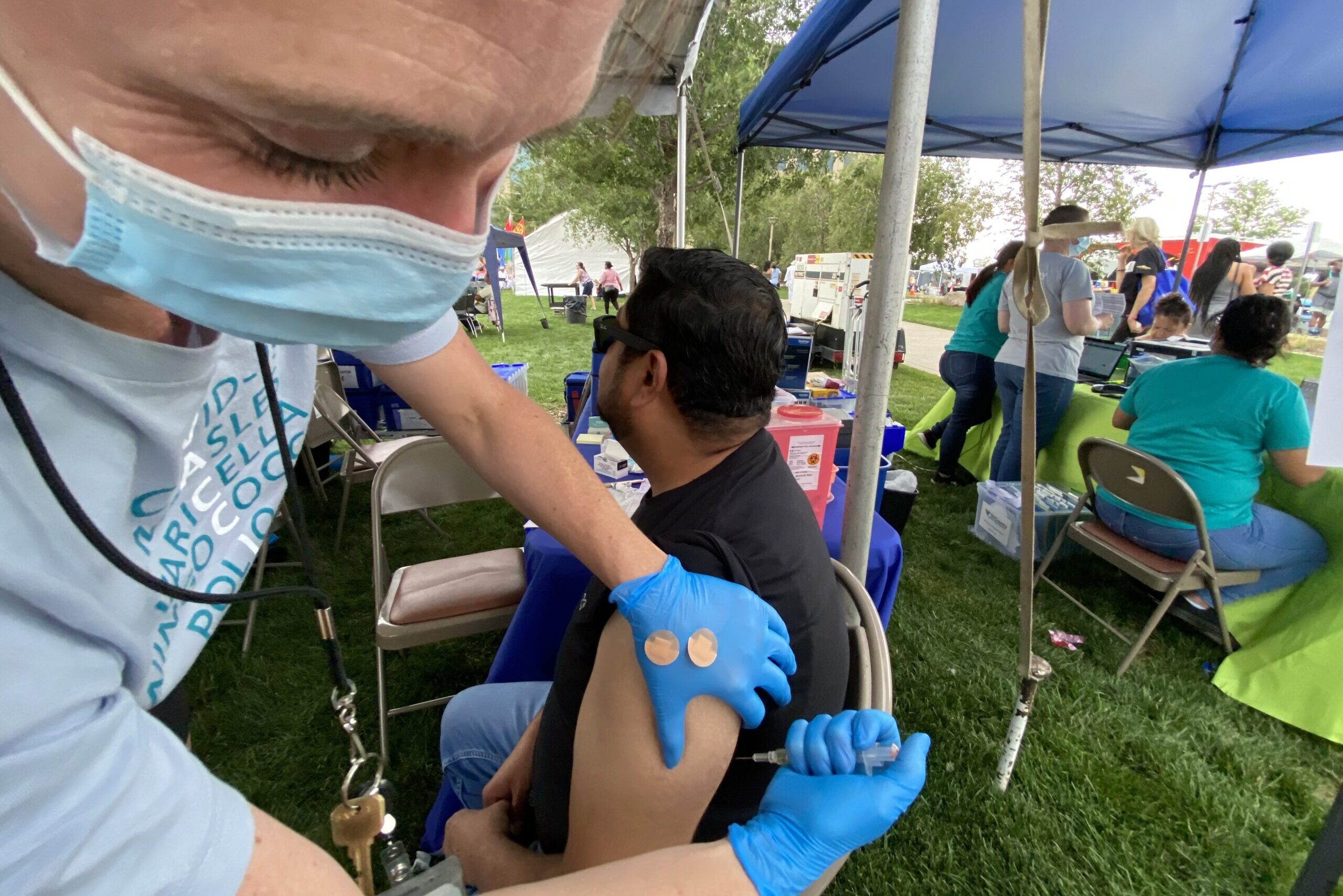
A key federal vaccine panel made some significant changes Thursday and Friday to recommendations that were once closely followed by states like Colorado.
The Advisory Committee on Immunization Practices (ACIP), part of the Centers for Disease Control and Prevention, was once the gold standard for guidance on things like vaccinations to children and COVID-19 shots. But that was before U.S. health secretary and longtime vaccine critic Robert F. Kennedy, Jr. reconfigured its membership earlier this year.
Increasingly, Colorado and other Democratic-led states say they’ll instead follow the advice of prominent national medical groups, limiting a bit, but not entirely, the impact of the ACIP’s moves on Coloradans.
The panel, which now includes some members who’ve been critical of vaccines, spent a lot of time debating the rationale for giving newborns the hepatitis B vaccine at birth — but then tabled the vote — so that did not happen.
Hepatitis B is a viral liver infection. It’s spread through blood and body fluids, and can lead to severe liver damage, liver failure, liver cancer, and death. The vaccine is typically given within 24 hours of birth to protect infants from becoming chronically infected.
During a chaotic session on Friday that featured disagreements and technical problems, the panel decided not to back a proposal to require a prescription to get a COVID shot.
It did change the recommendation for a shot of the MMRV vaccine — that’s measles, mumps, rubella and chicken pox — varicella. The vaccine schedule used to recommend the combined shot for children under age four, but not anymore.
The change comes as the nation and Colorado have seen the busiest measles season in decades.
“Under the new federal recommendations, the combined MMRV vaccine is limited to children four and older,” said Hope Shuler, a spokesperson for the Colorado Department of Health and Environment. Parents can still protect their children under four years of age against those highly contagious diseases with two separate shots, she said, and most Colorado families already do so. “We’re encouraging parents to stay on schedule, even though changes like this can sometimes lower completion rates.”
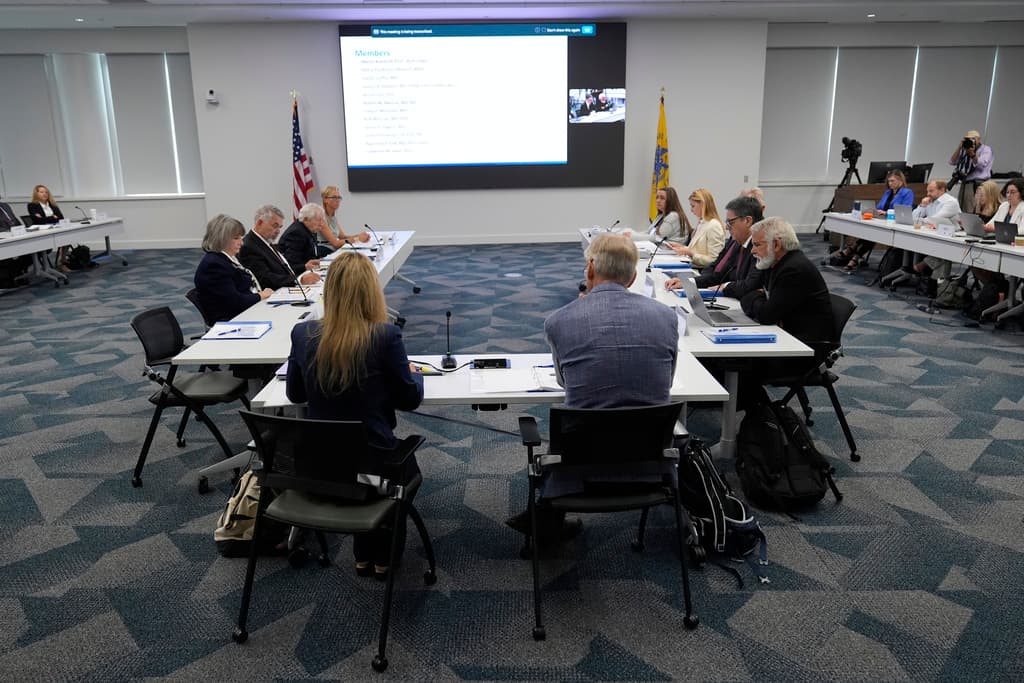
When it comes to COVID-19 vaccines, the panel revised its language to essentially weaken the guidance from what had been a broad recommendation.
The committee said those 65 and older should make the decision about whether to get a COVID-19 vaccine with a doctor or other health care provider.
For people between 6 months to 64 years, the vaccine panel voted they could get the vaccine after consulting with a provider.
Colorado pediatrician Sean O’Leary, chair of the Committee on Infectious Diseases with the American Academy of Pediatrics (AAP), said he’s followed meetings of the panel for a decade. He thought the new committee showed a lack of understanding about vaccines, the immune system and the real-world impact of their decisions on children, relying instead on what he called “false and deliberately misleading claims to make them sound surprising or plausible.”
“All of that was a clearly orchestrated effort to sow mistrust and fear in immunizations,” he said.
“With the COVID discussion, not unexpectedly, there was just, I think, a lot of information that was not rooted in rigorous science,” said Dr. Bob Belknap, chair of the Public Health Institute at Denver Health.
The recommendations are not final; they go to the acting CDC Director for approval. He’s a deputy of Kennedy’s and is new in the role since his predecessor was ousted abruptly last month.
CPR reached out to the Colorado chapter of Children’s Health Defense, the group Kennedy ran before assuming leadership of the Department of Health and Human Services, but had not yet heard back when this story was published.
What do these changes mean for Colorado?
Since RFK Jr. has taken over the helm of U.S. health agencies, Americans have seen a splintering of the national health system. The messages coming out from federal agencies are now at times at odds with the health guidance from major medical groups, like the American College of Family Physicians and the American Medical Association.
That has many Democratic-led states, like Colorado, signalling they’re ready to go their own way and align their guidance with what key national physicians' organizations advise, instead of following federal recommendations.
It appears to be creating a lot of confusion for patients, parents and doctors.
“Just in terms of at least the last few years, this is uncertainty that we haven't dealt with before,” said pediatrician Shen Nagel in Wheat Ridge. "The confusion and uncertainty for families and for providers, I think, is unprecedented.”
O’Leary, too, worries the confusion will lead to parents holding off on getting their kids the vaccine for a preventable disease that they once would have gotten.
Just last week, he heard a story from a colleague in primary care about a parent declining an MMR vaccine “because of what she heard on the news last night about this committee sowing fear about an issue that was settled literally over 15 years ago.”
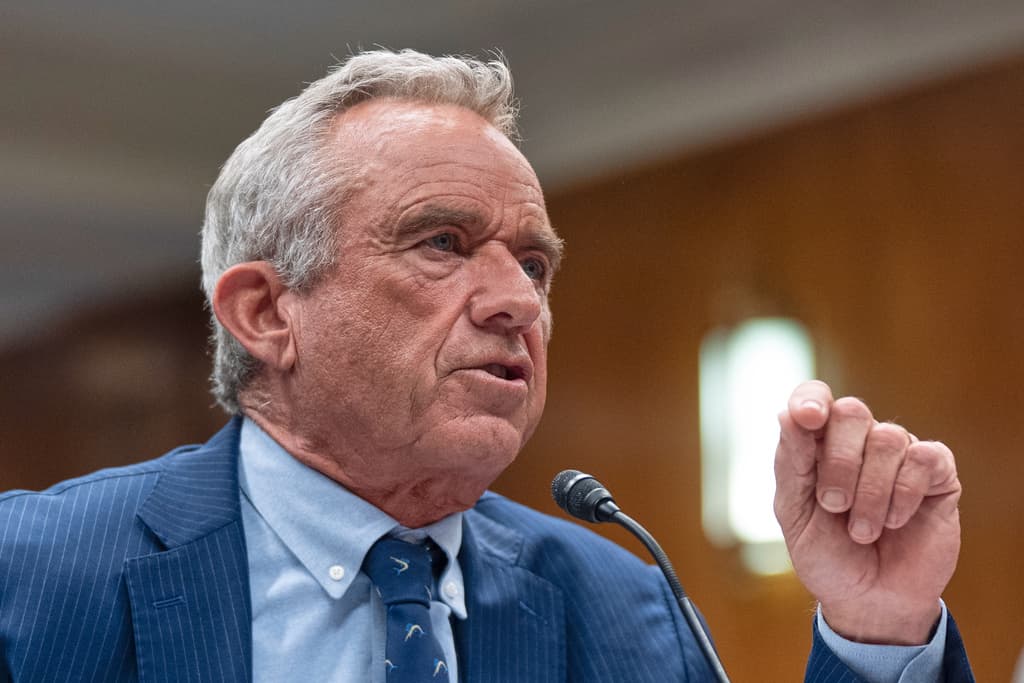
But Colorado doesn’t necessarily have to follow the federal guidance of the vaccine group because of a law Gov. Jared Polis signed last spring.
It gives the state’s board of health the option of relying not just on ACIP when making recommendations but on groups like the AAP, the American Academy of Family Physicians, the American College of Obstetricians and Gynecologists, and the American College of Physicians.
Due to a standing order this month from the state’s chief medical officer, in Colorado, you do not need a prescription from a doctor to get the COVID-19 vaccine at a pharmacy.
Belknap said these moves put Coloradans in a better position to get vaccines if they want.
“That was a really helpful thing that the governor and CDPHE (the state health department) have done. They’ve been thoughtful about this,” Belknap said. “We're better off as a state because of that.”
Despite the flurry of competing recommendations, all parents and all patients should talk to their own doctors about what’s best for them, physicians say.
It’s possible a lot of the vaccine guidance won’t change in Colorado. But one big question is access. A federal program called Vaccines for Children supplies hundreds of thousands of free doses for Colorado babies and kids.
It’s not clear if that will continue. “If public health agencies and providers are unable to access those VFC vaccines, for children, then that's gonna make it very difficult,” said Belknap.
The blow would be especially hard for low-income families. The cost of a coronavirus vaccine, he says, is about $165, out of reach for many.
“The Vaccines for Children (VFC) program remains a cornerstone of public health in Colorado, providing no-cost vaccines to nearly half of kids statewide, and we expect updated COVID-19 vaccines to be included once the CDC director signs off,” said CDPHE’s Shuler.
One thing may help people with insurance. A national health insurance coalition, whose members provide coverage to more than 200 million Americans, has said it will continue to cover all immunizations that the federal committee had recommended as of September 1. The group said that would continue at no cost to patients through the end of 2026 and includes the updated COVID-19 and influenza vaccines.
COVID-19 has killed thousands of Coloradans since the start of the pandemic, across age groups, with the state’s oldest demographic seeing the most deaths. In 2024, 374 people died, according to state health department data.
New group promoting vaccine access announces its launch
As the national debate over vaccines continues to ramp up, a new Colorado group aims to counter what it calls the “federal disruptions” in vaccine policy.
It’s called the Colorado Chooses Vaccines Coalition. The organization describes itself in a press release as “an alliance of Colorado medical experts, health providers, community leaders, and policy advocates who will recommend and implement strategies to promote vaccine access.”
It said it will work to fill a gap in understanding about vaccines with outreach, information and policy proposals to help ensure that Coloradans “have access to vaccines that prevent disease and disruption.”
“What's changed is the environment around us. And there is a lot of confusion, a lot of misinformation and disinformation and major shifts happening in Washington around vaccine guidelines and access to eligibility,” said Lindy Eichenbaum Lent, president and CEO of Rose Community Foundation, which launched the group. “We want to make sure, no matter what happens in Washington, we preserve individual access to vaccines.”
The Rose Community Foundation gave $100,000 to support the cause.
The alliance, which Lent said grew out of conversations early this month, includes Children’s Hospital Colorado, Immunize Colorado, Denver Health and Hospital Authority, the Colorado Association of Local Public Health Officials, Healthier Colorado, Colorado Access, the Colorado Medical Society, the Colorado chapter of the American Academy of Pediatrics, Colorado School of Public Health, the Colorado Children’s Campaign and the Colorado Hospital Association.
- Vaccine questions in Colorado multiply ahead of meeting of key federal vaccine panel
- What vaccines can, and should, I get this fall? Colorado state doctor weighs in
- Here’s where you can get a COVID vaccine in Denver without a prescription
- Amid federal vaccine uncertainty, Colorado takes steps to ensure access to COVID-19 vaccines





